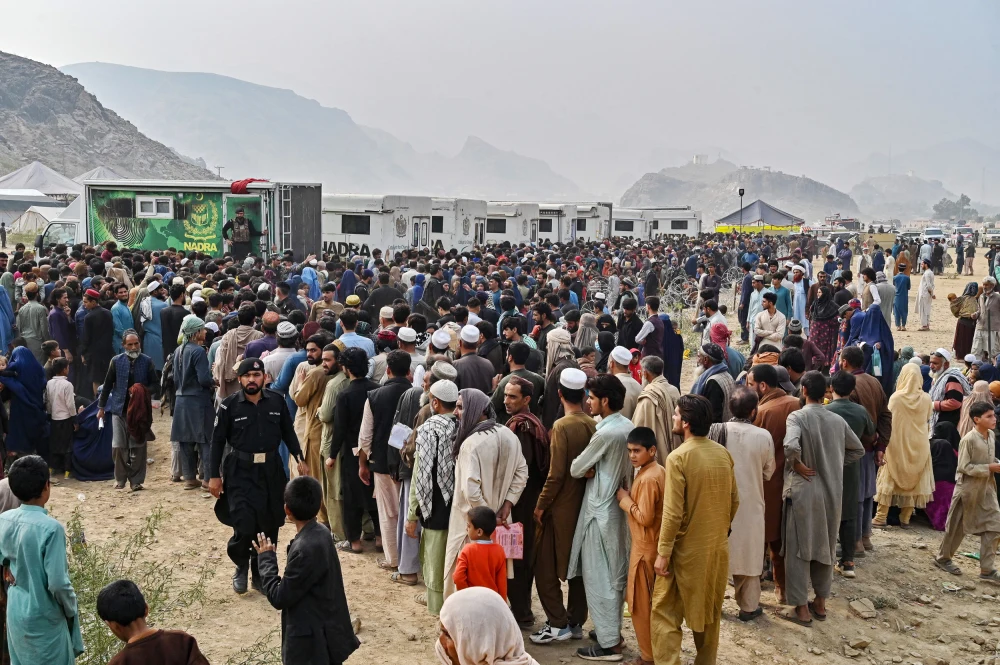In a growing crackdown on Afghan refugees, at least 648 Afghan migrant families were expelled or repatriated from Iran and Pakistan last week, according to reports from the Taliban-run Bakhtar News Agency. The forced removals come amid intensified border control measures and increasing pressure on Afghan migrants in neighboring countries.
Iran deported 446 families, while Pakistan expelled 202 families—some forcibly and others under voluntary repatriation programs. Many of these families crossed back into Afghanistan through major border points, including Torkham, Spin Boldak, Pul-e-Abrisham in Nimroz, and Islam Qala. These border crossings have become critical routes for returnees as host countries continue to tighten migration policies.
Human rights organizations have expressed deep concern over the treatment of Afghan migrants in these countries. Many returnees have reported facing harassment, beatings, and humiliation at the hands of authorities before being forced out. In particular, Afghan refugees in Iran have long faced discrimination, with recent reports indicating that security forces have intensified their crackdown, targeting undocumented migrants. Similarly, Pakistan has launched a large-scale expulsion campaign, detaining and deporting thousands of Afghan refugees despite pleas from international organizations.
On Wednesday, the Mixed Migration Centre (MMC) released a report warning that Afghan migrants in multiple countries—including Iran, Pakistan, Turkey, and Tajikistan—are increasingly vulnerable to detention, deportation, and even violence. The report highlights the deteriorating conditions for Afghan refugees, many of whom fled Afghanistan due to political instability, economic collapse, and security threats following the Taliban’s return to power in 2021.
The ongoing expulsions have left many Afghan families in a dire situation, with little to no support upon their return. Many returnees struggle to find shelter, employment, or basic necessities in Afghanistan, where economic hardships and security concerns persist. Refugee rights advocates continue to urge international organizations and neighboring governments to provide better protections for Afghan migrants and ensure their rights are upheld.

